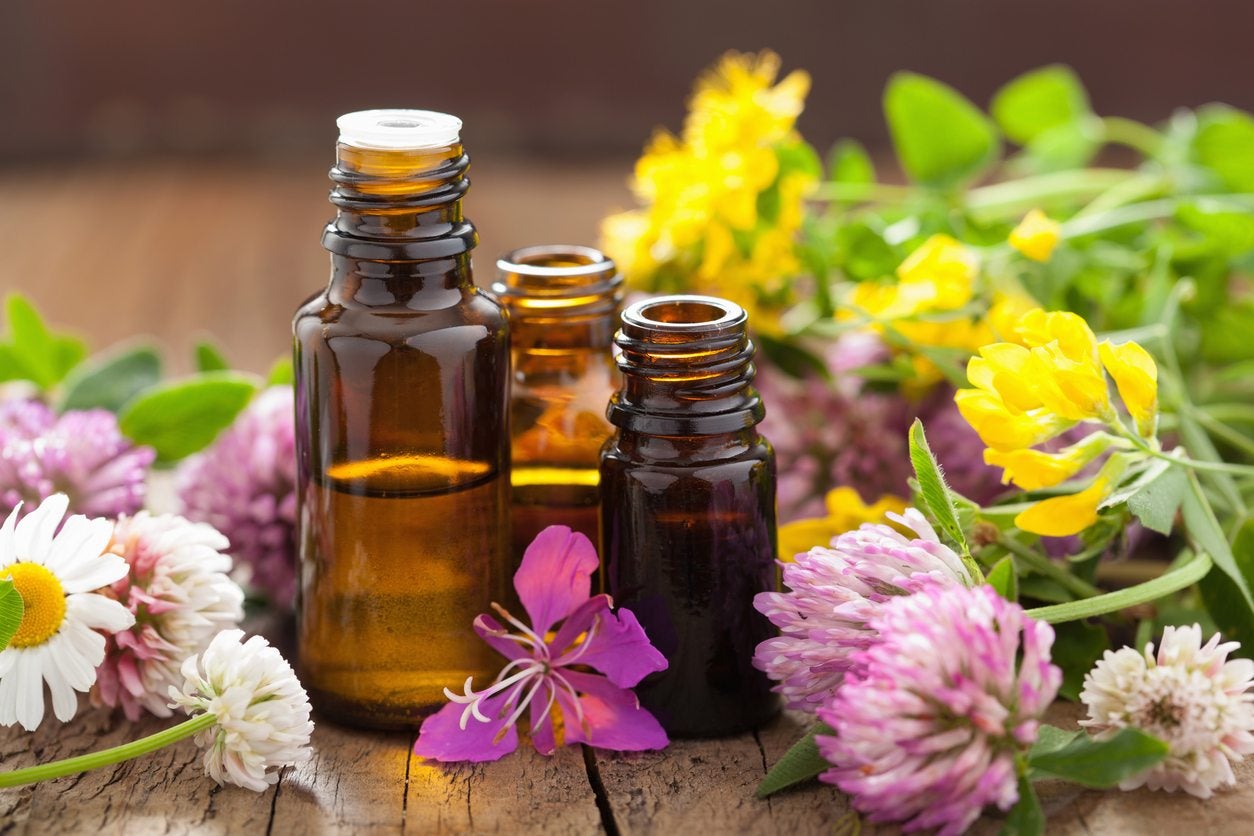What Is Aromatherapy: Learn About Using Plants For Aromatherapy


Aromatherapy has been around since the ancient times but it has only recently come back into fashion. What is aromatherapy? It is a health practice that is based on a plant's essential oils. Gardeners may well know the therapeutic effects of being around plants and using items from the garden as food, pest deterrents, seasoning, part of cosmetic routines and even as medicinals. The benefits of aromatherapy may be both medicinal and olfactory. Learning about using plants for aromatherapy can help minimize the bill at both the doctor and the drugstore.
What is Aromatherapy?
Scent has a transporting effect in that it can soothe the mind or jar the senses. This is the basis of aromatherapy, where naturally derived oils are used for specific effects on the body. Gardeners armed with aromatherapy information can try their own hand at making cosmetics, perfumes and concoctions for wellness. There are many simple recipes using plants found in most kitchen gardens with the potential to balance mind, body and spirit. The ancient practice of using distilled oils in baths, inhalations, massage, candles, facials and more is called aromatherapy. The benefits of aromatherapy vary by individual but many practitioners claim they may encompass such effects as stress relief, wound and ache salves, antiseptic properties, sleep enhancers and even pain relief. Others make more specific claims related to treatment of alopecia, constipation, psoriasis, depression and even benefits expressed during childbirth. For nearly 6,000 years, the Chinese, Greeks, Romans, Egyptians and Indians have used aromatherapy in rituals, spiritual retreats, medicinally, hygienically and therapeutic pursuits. Today, modern aromatherapy professionals utilize the oils in many ways while the marketing world has embraced the essential oil movement in the forms of cosmetics and candles.
Harnessing Aromatherapy in Gardens
Many of us can simply walk outdoors and find the basics for aromatherapy oils.
- Lavender is a common oil found to relieve stress and promote calmness. Rose produces similar responses.
- Mint oils can relieve upset stomachs and enhance digestion, while citrus oils like that of orange and lemon may strengthen the immune system.
Using plants for aromatherapy is quite common in such day to day activities as adding scented oils to the bath. Less common oils are also incorporated into aromatherapy treatments such as:
Widely available in natural shops you might find oils from plants like:
While many of us don't have the skills or patience to extract plant oils, harnessing aromatherapy in gardens can begin with something as simple as adding rose petals to the bath or making a soothing sleep pillow out of lavender flowers.
Additional Aromatherapy Information
The uses of aromatherapy by professionals may calm and soothe but are also purported to balance mind and body and enhance emotional state. In the home, you are more likely to enjoy the pleasant scent of fresh flowers or breathe the lovely steam off a cup of peppermint or chamomile tea. These simple pleasures can promote a sense of well-being and release the stress of the day. While not a pedigreed science, modern aromatherapy has developed a respectful approval in the medical, psychological and cosmetic fields. Much study is occurring into how the process works. The science is thin but it seems that the aroma of individual plants trigger responses in our brains. Regardless of how it works, the benefits of sticking with natural remedies for health and well-being are legendary.
Sign up for the Gardening Know How newsletter today and receive a free copy of our e-book "How to Grow Delicious Tomatoes".

Bonnie Grant is a professional landscaper with a Certification in Urban Gardening. She has been gardening and writing for 15 years. A former professional chef, she has a passion for edible landscaping.